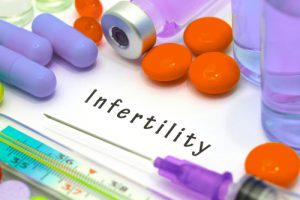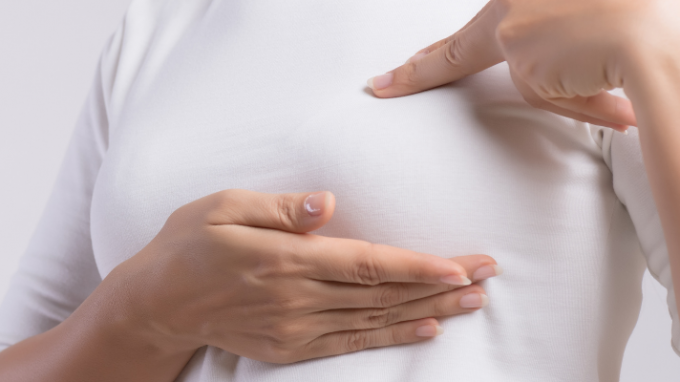Fertility is the natural capacity to conceive a child. For some women, conceiving without the use of fertility drugs can be challenging. Fertility drugs contain high concentrations of reproductive hormones that not only stimulate the production of the female egg but may also trigger the growth of breast tissue.
The growth of breast tissue has often brought with it the risk of the tissue’s becoming cancerous. However, recent studies have shown that women who use fertility drugs are not at an increased risk for breast cancer.
What Are Fertility Drugs?
For women who have fertility issues, conceiving can be challenging. Fertility drugs are prescribed to these women to help them get pregnant. Fertility drugs stimulate the production of hormones such as follicle-stimulating hormone and luteinizing hormone that are vital in ovulation.
Even for women who may consider other methods such as in-vitro fertilization, fertility drugs are still a crucial part of the treatment since they prime the uterus making it ready to carry a pregnancy.
Due to their composition, fertility drugs have effects on other body parts, too. Top on the list of these effects is the stimulation of breast tissue. The hormones that are responsible for ovulation are also helpful in the growth and maturation of breast tissue. For this reason, many women on fertility treatment may notice their hips getting wider, their breasts growing, and their overall body weight increasing somewhat.
Fertility treatment is, in a way, navigating uncertainty. A lot of fear, anxiety and stress may come with this uncertainty, and the concern about cancer just adds to it.
Is There Increased Risk of Breast Cancer for Women on Fertility Treatment?
 Breast tissue is susceptible to estrogen. For this reason, scientists raised the concern about the link between fertility medicine and risk for breast cancer. However, studies have shown that women on fertility drugs did not have an increased risk of breast cancer compared to those not on fertility medications.
Breast tissue is susceptible to estrogen. For this reason, scientists raised the concern about the link between fertility medicine and risk for breast cancer. However, studies have shown that women on fertility drugs did not have an increased risk of breast cancer compared to those not on fertility medications.
It is important to note that several studies done in the past have claimed that the use of fertility medicine does increase the risk of developing cancer because fertility treatments like in-vitro fertilization are hormone-heavy. Since the fertility journey can be pretty emotional for most women, reassurance that the treatment will not lead to breast malignancy is a huge relief.
A study conducted by scientists from King’s College London and published in Fertility and Sterility debunked the claim of a link. The researchers analyzed data involving 1.8 million women who underwent fertility treatments. They also included cohort studies reporting incidences of breast malignancy in women on ovarian-stimulating drugs.
The researchers then compared the incidence of breast cancer in women on fertility treatments to the incidence in untreated general public. The research findings were that there was no significant increase in the risk for breast malignancy for women on fertility treatments.
What Are the Risks for Breast Cancer?
In-vitro fertilization (IVF) and fertility treatments do not increase the risk for cancer of the breast. However, other factors put women at risk for breast malignancy:
- Advancing age: Women over 50 are at an increased risk
- Genetic mutations
- Dense breasts, since dense breasts have more connective tissue than functional tissue
- Family history of breast malignancy
- High exposure to radiation therapy
- Obesity or being overweight after menopause
- Drinking alcohol
Some risk factors for breast cancer are preventable, while others are not. Women are encouraged to take active preventive steps.
It is possible that women undergoing fertility treatment may have other risk factors for breast cancer unrelated to fertility drugs. Most women on fertility treatment are over 32 and have never been pregnant, which in itself is a risk factor for breast cancer. Therefore, women on fertility treatments may develop breast malignancy due to other risk factors and not necessarily the fertility treatments themselves.
Whether on fertility treatments or not, all women are at the same risk of developing breast cancer, but if the condition is diagnosed early, it is treatable. Thus, regardless of age, women should have regular screenings.





